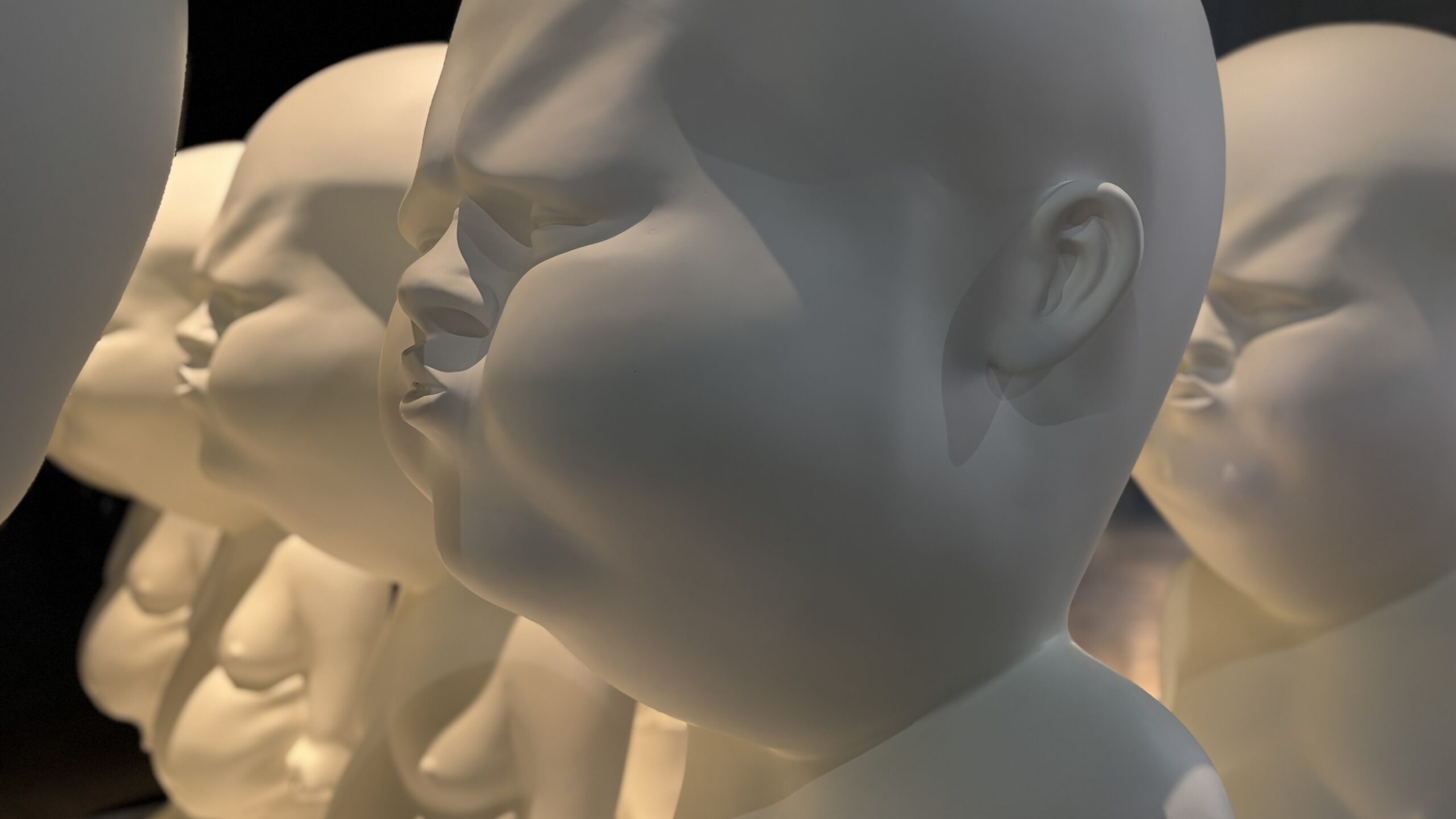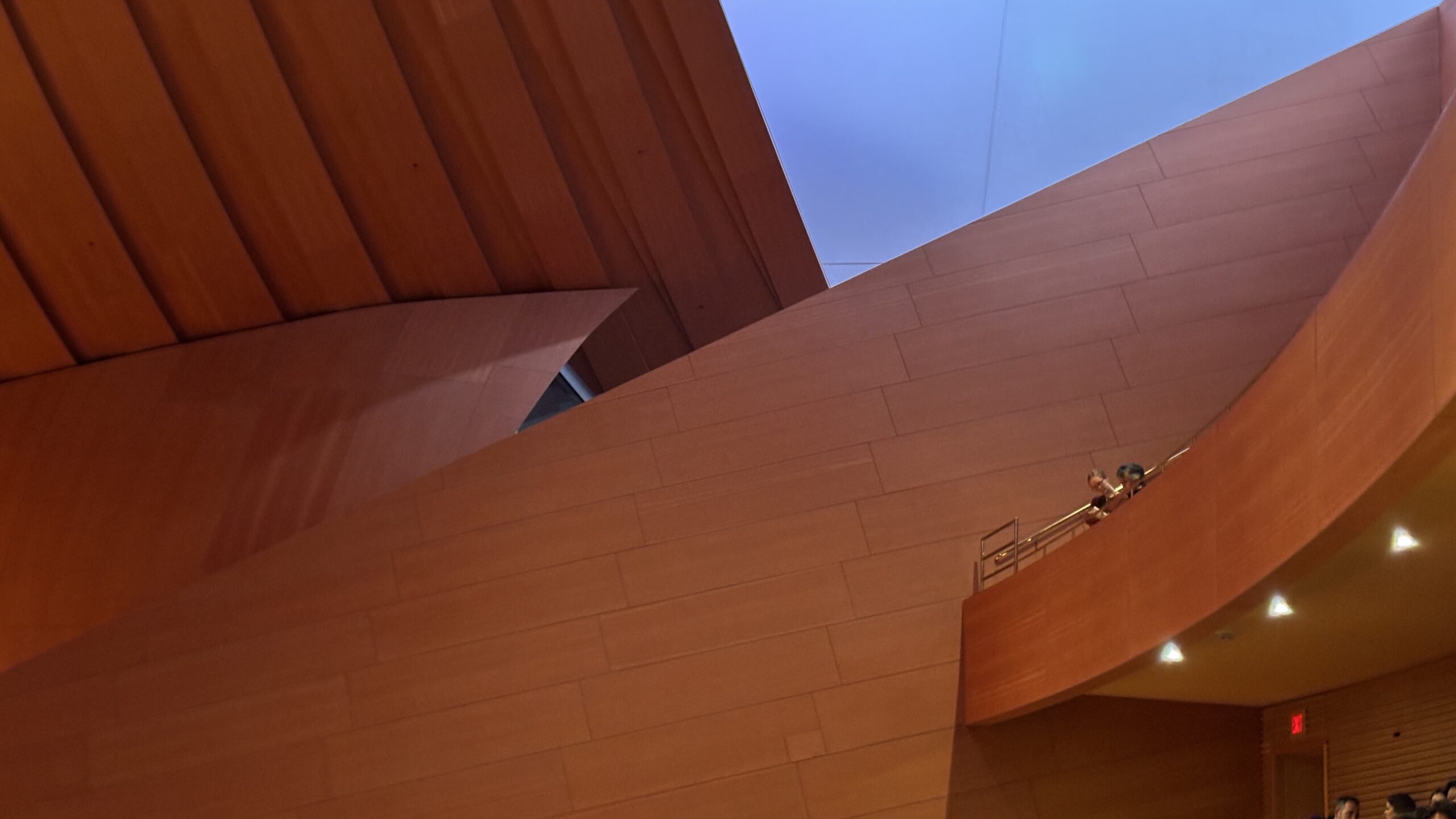Out of the darkness, I slowly open my eyes. I’m greeted by the soft, diffused light glowing through the shades of my bedroom, sensing I’ve made it through most of the night. Somehow, I know it’s only minutes until the morning alarm sounds at 4:45A.
The soft, warm, cozy comfort of a modern bed is something I cherish as I carefully stretch, mindful not to disturb my wife resting next to me. Lying peacefully, I’m pleased to realize I’ve remembered a routine I’ve been trying to put in place for years now. I take three long, deep, mindful breaths, expressing gratitude for the blessing of another 24 hours ahead of me.
When the alarm cues, it’s time to get up—either for yoga or strength training, with Mondays being the exception.
Waking up early became a conscious routine in late 2015, when I decided my life could use a boost. Back then, I was intent on making changes. I kicked off nine months of sobriety, reset my diet with Whole30, and picked up a book called The Miracle Morning.
The book focuses on utilizing six morning practices to take advantage of the quiet moments before launching into the warp speed of the day. Even if you can only do five to ten minutes of each, the promise is that consistency acts as a catalyst for change.
- Silence
- Affirmations
- Visualization
- Exercise
- Reading
- Scribing (writing)
Without digging too far into the book here, I recommend at least considering these practices. They truly helped me move beyond a stuck version of myself. Admittedly, the book can feel a little corny. Self-help isn’t for everyone—but the lessons matter more than the packaging.
What stuck with me was the habit of getting up early, which I’ve maintained in my own variation ever since. Doing the math, I’ve spent nearly a decade waking up early to put myself first. So what have I learned from the process?
- Get started early. Yoga and strength training are best done before I can rationally talk myself out of them. Waiting until later in the day requires more willpower as the to-do list grows. After either routine, my body naturally shifts into a calm recovery state.
- Morning stillness matters. The quiet makes meditation easier. Sit with yourself. Let thoughts float away—you’ll have all day to pick them back up. If this is challenging, that’s exactly why it’s worth returning to each morning.
- Write it out. With a clear head, I write down what matters that day: the to-do list, long-term goals, what’s inspiring me, what’s pissing me off. Freestyling helps get things off my chest. Once it’s written down, I’m more likely to let it go—like I’ve dealt with it.
- This is prime reading time. I’ve worked my body, calmed my mind, and addressed what needs to happen. Now I can absorb inspiring words. I tend to stay in the motivational realm—spiritual leaders, practitioners, health experts—but you should tailor this to your own taste.
- Affirmations and visualization. In the context of The Miracle Morning, I’m not the strongest example here, though they can play an important role. For me, it’s enough to be open to receiving the world as it comes. I don’t need it to fit my perceptions—just to embrace what unfolds.
- Mornings start the night before. Early mornings depend on proper sleep. We aim to eat dinner around 5:00 or 5:30, allowing time to digest. When timing slips, I’ve found that an hour-long walk after dinner helps. Eating too close to bedtime guarantees a restless night for me.
- Protect the wind-down. To get eight hours of sleep, we back into an 8:45P bedtime. That means winding down as early as 7:15—turning off digital devices (or at least the distracting apps), dimming lights, and letting the day slowly disappear.
The other results? Fewer late nights unless they’re truly warranted. A healthier body and brain to guide a more meaningful life. Less money spent on frivolous moments when decision-making has declined. A stronger sense of agency and independence from following your own north star.
These things compound. Eventually, habits become a cycle.
Wouldn’t you rest easier knowing your autopilot is working for you, rather than against you?
What does your miracle morning look like?



